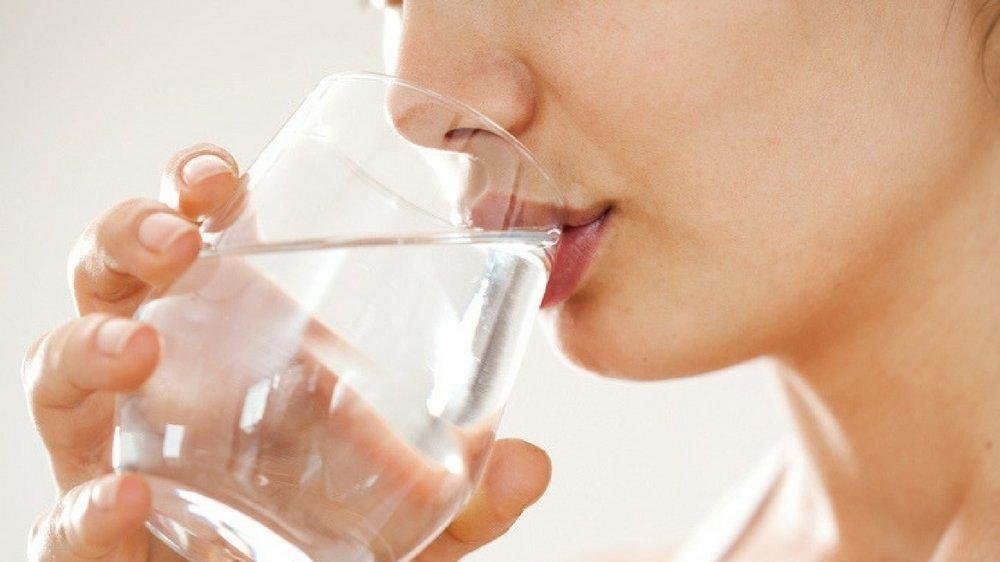
We are made up of about 65 percent water, which means even our cells' everyday operations are dependent on water. This is why it's crucial to keep your water balance at a healthy level. Being short by just 1 to 2 percent can affect us both psychologically and physically. Knowing exactly what's causing the hydration meter to be off is very important. Below are nine surprising causes of dehydration–besides not drinking enough water–that might have never crossed your mind.
More from MamásLatinas: 10 Celebs who are done with dieting
1. Diabetes. If you have diabetes, you are at an increased risk for dehydration. When our kidneys filter our blood of excess glucose, water also gets removed. This lost water needs to be replenished. A high blood glucose level can cause diabetics to experience dry mouth and dry eyes because of dehydration. If we don't rehydrate our body with water, our kidneys will use the water stored in our cells to eliminate the excess glucose.
Dehydration also occurs in the case of Diabetes Insipidus, even though it is not related to high blood glucose level. Diabetes Insipidus can cause excess urination, which causes dehydration.
2. Working out. To make sure you're getting enough from your workout, it's very important that you keep your body's hydration level up. This is because exercise causes our body temperature to rise, which results in sweating. Inadequate water level will suppress our body's capability to cool itself. Along with that, it will also cause fatigue and muscle cramps. Make sure you receive proper hydration before, during and after the workout.
3. Prescription medication. There are many prescription meds that cause dehydration as a side effect. If your medication has vomiting or diarrhea as its side effects, that can also induce dehydration due to loss of a huge amount of liquid and electrolytes in a short period of time. Certain diuretics and blood pressure meds can cause excessive urination which leads to dehydration.
4. Stress. Did you know that stress can actually dehydrate you? It's true. Stress increases our heart rate, which makes us breathe heavier, resulting in increased fluid loss. Not just that, but in times of high stress, we often forget to drink water.
5. Pregnancy. Pregnancy can bring about excessive sweating, urination, vomiting, all of which cause dehydration. Also, during pregnancy, to provide your baby with nutrients, your blood volume increases which diminishes its ability to retain liquids, causing you to become dehydrated faster.
6. Alcohol. When we consume alcoholic beverages, the level of alcohol in our blood surges, which causes our pituitary gland to stop releasing the antidiuretic hormone (ADH). When the release of ADH stops, it triggers our kidneys to increase the release of water through our system, which then leads to dehydration.
7. Not eating enough fruits and vegetables. Plenty of fruits and vegetables, like celery, spinach, broccoli, cantaloupe, strawberries and watermelon, have a rich water content. In fact, filling half your plate with fruits and vegetables will give you up to two cups water. Or making delicious smoothies made of fruits or veggies will help too. If you are not having enough greens and fruits, you will be dehydrated.
8. Dietary supplements. Certain dietary supplements can increase your urine output, even if they are natural. If you are using a supplement that has increased your water output, please speak to a nutritionist or your doctor, and increase your daily water intake.
9. Low-carb diet. A diet low in carbs will put you at a greater risk of dehydration. A low carb diet produces a lot of ketones in your body. Ketones are toxic compounds that can make your blood acidic, and induce frequent urination, which means loss of water and electrolytes.
This post was originally published on June 16, 2014.




